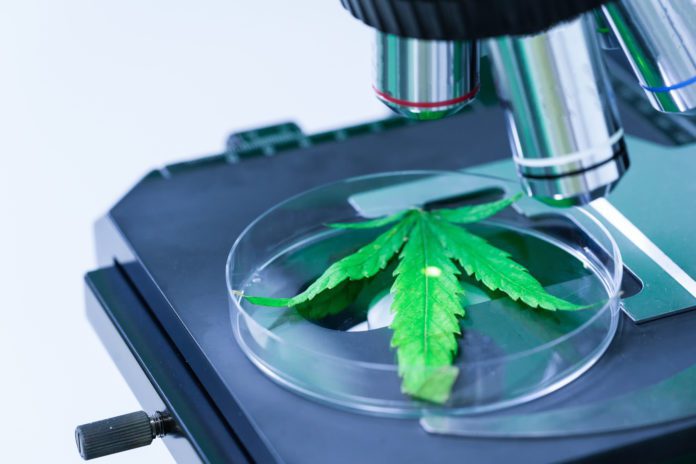If you are a hemp farmer, part of your concerns may involve sourcing certified hemp testing services from a reputable company. While this should be your top priority on your to-do list, knowing which mistakes to avoid when testing hemp can help you locate your destiny service provider. Read on to discover the common pitfalls you might encounter and how to avoid them.
1. Planting hemp before conducting environmental soil testing
It is easy to assume that you can grow hemp on any soil as long as you have sufficient water, nutrient supplements and a conducive environment. However, growing hemp is a special case. Unlike other plants, hemp sucks in harmful substances from the soil, air and water. By the time you harvest it, all the toxins may have settled in the plant.
Since the last thing you want is getting bad reviews after testing your harvested plant, it would be imperative to test the soil and environment first. If your farm has contaminants, it is time to clean them up. Get an agronomist to analyze the soil for better results.
2. Buying seeds from any supplier
It is astounding that many suppliers claim to sell genuine hemp seeds. It gets you wondering who is telling the truth. After all, you cannot tell the authenticity of a seed using your naked eyes. It is not always easy to tell who sells quality-assuring seeds unless you do your due diligence.
When sourcing seeds from a potential supplier, you should first check if they have all the requirements warranting authenticity. For example, genuine seeds must bear valid THC results, depending on their strains. Check the label to determine the cannabis potency. Good seeds should germinate after ten days and have healthy leaves.
3. Neglecting your plant
It takes discipline and dedication to be a successful hemp farmer. If you have watched successful farmers around you, you may notice how passionate they are about what they do. Neglecting your plant will attract heavy losses by the time you harvest them. If you are not ready to commit your time and effort to grow hemp, it is time you ventured into something else.
To avoid this mistake, ensure you consult the right people around you about the recommended measures for plants grown in greenhouses. Any hemp agronomist can tell you that humidity, plant material storage protocol, moisture, and the type of products you use to clean surfaces will play a role in the final product.
4. Poor post-harvest handling and storage practices
While ensuring your plant receives all the nutrients it needs for healthy growth, your post-harvest handling and storage processes are equally important. The last thing you need is incurring losses because the storage facility does not favor the integrity of your harvest.
If your storage area is not well-controlled, consider outsourcing for the same elsewhere. Otherwise, storing your harvest in a room with too much light and heat can make you lose value for your investment and time.
5. Failing to fathom compliance and regulations according to your state
Different states have varied compliance and regulations protocols for testing hemp. For example, if your farm is in Colorado, find out what the law says about hemp testing in your location. Some of those rules may sound hard to comprehend to any layman. Since you don’t want to run into legal issues that may take years to solve and thousands of dollars to spend, take your time to know what each sentence means.
As complex as the language used for the clauses may be, it helps to find someone who can interpret it for you. Your interpreter should also shed more light on the tax code, licensure requirements and miscellaneous compliance testing. Doing that ensures you will be in the right books of the law.

It is not easy being a hemp farmer, neither is it when testing the plant material. Some of these mistakes might be by design or default. Either way, it is advisable to do everything right the first time. If something is not adding up, there are many hemp farming professionals ready to guide you. Remember, growing such a plant comes with many responsibilities. The more dedicated you are, the better your chances of being a successful farmer.
